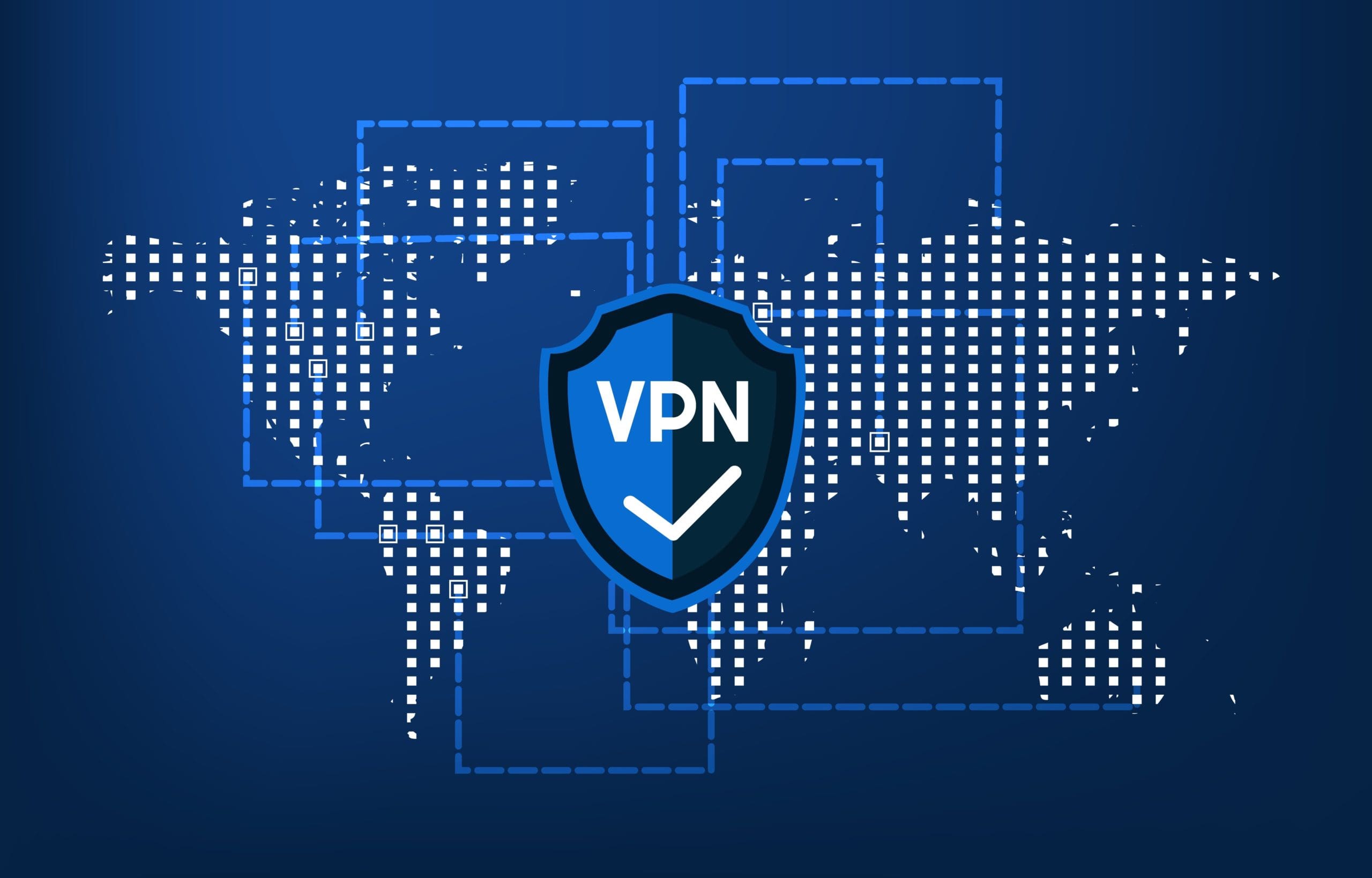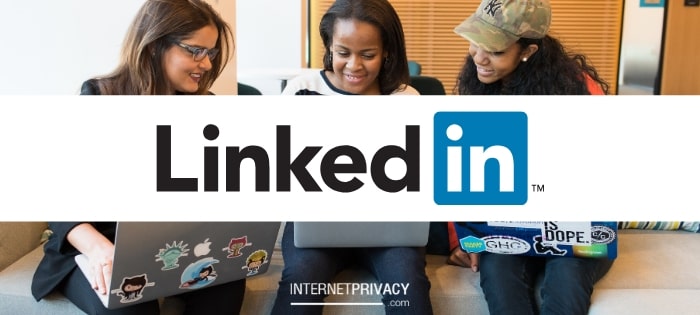The Role of VPNs in Enhancing Internet Privacy

Virtual Private Networks (VPNs) have become vital in our increasingly internet-centric world, offering a secure and private connection over public networks and enabling anonymous internet access. Essentially functioning as a secure tunnel between the user’s device and the internet, VPNs encrypt all data in transit, thus playing a crucial role in enhancing internet privacy. People turn to VPNs for various reasons, such as protecting online privacy, bypassing geographical content restrictions, and securing connections on public Wi-Fi networks.
While VPNs offer significant benefits like data encryption, IP address masking, and adherence to no-logs policies, they also come with risks, including potential vulnerabilities to malware, data leaks, and the pitfalls of choosing unreliable providers. Therefore, it’s crucial to carefully consider one’s privacy needs, research the VPN provider’s reputation and security measures, and look for advanced features like multi-hop connections and ad blockers when selecting a VPN. This approach ensures a balance between the advantages of using VPNs and the need for maintaining optimum internet privacy and security.
What Is a VPN & How Does a VPN Work?
A Virtual Private Network (VPN) is a tool that establishes a secure connection between your device and the internet. It encrypts internet traffic and hides your IP address, making your online activities private and secure, much like a secure tunnel protecting data from cyber threats and surveillance. This technology is especially popular among remote workers for safely accessing company resources.
A VPN operates by creating a secure link to a VPN server, encrypting data transmitted over the internet, and masking the user’s IP address to make it seem they are accessing the internet from a different location. This ensures privacy and security online, akin to locking a door in a public space to prevent unwanted observation.
Why Do People Use VPNs?
In today’s digital age, concerns about online privacy are at an all-time high. As a result, many individuals turn to virtual private networks (VPNs) as a solution to safeguard their personal information and browsing habits. However, the reasons for using a VPN can vary greatly from person to person.
To Protect Their Online Privacy
Individuals use VPNs to protect their online privacy by carefully selecting a reputable VPN service known for safeguarding user data. This involves scrutinizing the provider’s privacy policy to ensure they do not log user activities. Additionally, users should activate the VPN’s kill switch feature to prevent any data leaks in the event the VPN connection drops unexpectedly, thus maintaining privacy even in unstable network conditions.
To Bypass Geographical Restrictions
To bypass geographical restrictions, it’s important to choose a VPN service that offers a wide array of server locations across the globe. The VPN provider should have a track record of successfully overcoming such restrictions. Users need to verify that the VPN service enables access to geo-blocked content and streaming services in their desired regions. This feature of VPNs is particularly valuable for those looking to access region-specific content from various streaming platforms and websites, regardless of their actual geographic location.
To Secure Their Internet Connection on Public Wi-Fi
When it comes to securing internet connections on public Wi-Fi, users must first confirm the legitimacy of the network before connecting. Using a VPN with robust encryption and security protocols is crucial to ensure the security of the internet connection in such environments. It is advisable to avoid accessing sensitive information or logging into financial accounts while using public Wi-Fi. Moreover, keeping the security software on devices regularly updated further enhances the protection against potential cyber threats in public network spaces.
How Do VPNs Enhance Internet Privacy?
In today’s digital age, privacy on the internet has become a major concern. This is where Virtual Private Networks (VPNs) come in, providing a secure and private connection for internet users. But how exactly do VPNs enhance internet privacy?
Encryption of Data
- Understand the level of encryption required for your activities.
- Choose a VPN that offers strong, industry-standard encryption protocols like AES-256.
- Ensure the VPN provider regularly updates its encryption methods.
- Regularly change the encryption keys and passwords for added security.
Masking of IP Address
- Choose a VPN service that offers IP address masking as a core feature.
- Check that the VPN provider has a large pool of IP addresses to ensure effective masking.
- Ensure that the VPN service effectively conceals your real IP address, preventing it from being exposed to websites and third parties.
No-Logs Policies
- Research the VPN provider’s logging policy.
- Look for explicit statements on no-logs policies.
- Check if the provider has undergone third-party audits to verify their no-logs claim.
What Are the Risks of Using a VPN?
While VPNs have become a popular tool for enhancing internet privacy, it’s important to understand the potential risks that come with using them.
Malware and Viruses
To guard against malware and viruses, it’s essential to install reputable antivirus software on your device. This software serves as the first line of defense against various cyber threats. Regularly updating your antivirus program is equally important, as this ensures you have the latest protections against emerging threats. Additionally, exercising caution in your online activities is crucial. This includes avoiding clicking on suspicious links and refraining from downloading attachments from unknown or untrustworthy sources. These practices collectively help in maintaining a secure and malware-free digital environment.
Data Leaks
Data leaks can be a major concern when utilizing a VPN. Unfortunately, there have been instances where certain VPNs have experienced data breaches, leading to the exposure of user information. To prevent this, it is important to conduct thorough research on VPN providers, ensuring they have a proven track record of protecting user data. Look for independent audits or security certifications as evidence of their dedication to data protection.
Unreliable VPN Providers
- Lack of Transparency: Unreliable VPN providers may not disclose their data logging policies, leading to potential privacy breaches.
- Poor Security Measures: These providers might use weak encryption protocols, making user data vulnerable to cyber threats.
- Questionable Service Reliability: Unreliable VPNs may suffer from frequent disconnections, slow speeds, or inconsistent performance, impacting user experience and security.
How to Choose the Right VPN for Your Needs?
With the increasing concerns over online privacy, more and more people are turning to VPNs (Virtual Private Networks) as a way to protect their personal information while browsing the internet. However, with so many VPN providers out there, it can be overwhelming to choose the right one for your specific needs.
Consider Your Privacy Needs
- Evaluate your specific privacy requirements, such as secure browsing or accessing geo-blocked content.
- Assess the level of anonymity needed, considering the sensitivity of your online activities.
- Determine the devices you’ll use the VPN on, ensuring compatibility with your gadgets.
Research the VPN Provider
- Check the VPN provider’s reputation by reading reviews and testimonials from current or past users.
- Research the VPN provider’s background, including its location, privacy laws, and data retention policies.
- Verify the VPN provider’s logging practices to ensure they align with your privacy needs.
- Assess the VPN provider’s customer support and available resources for assistance.
Check for No-Logs Policies
- Review the VPN provider’s privacy policy to ensure they have no-logs policies.
- Make sure the provider explicitly states that they do not monitor, store, or log your online activity or connection details.
- Look for independent audits or third-party verifications to validate their no-logs claim.
Look for Advanced Security Features
- Multi-Factor Authentication: Make sure the VPN offers multi-factor authentication for added login security.
- Kill Switch: Prioritize a VPN with a kill switch feature that will automatically disconnect your device from the internet if the VPN connection is lost.
- Split Tunneling: Consider VPNs that support split tunneling, allowing you to direct some of your device’s traffic through the VPN while accessing the rest directly.





